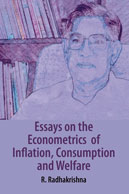New Releases...
Download Catalogue...
Download Excel Data
Download PDF Catalogue
You will get a Excel file with detail about catalogue.
You will get PDF file with detail about catalogue.
Detailed info...
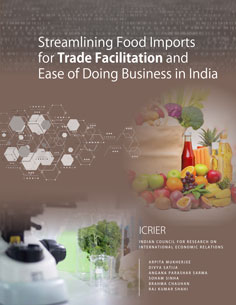
Paperback • 2019
Pages: 130
ISBN: 9789332705159
INR 2495
+ Add to Cart
Publisher:
Academic Foundation
Streamlining Food Imports for Trade Facilitation and Ease of Doing Business in India
Arpita Mukherjee‚ Divya Satija‚ Angana Parashar Sarma‚ Soham Sinha‚ Brahma Chauhan‚ Raj Kumar Shahi
About the Book
<p>India is one of the largest producers of a number of agricultural commodities and has a positive trade balance in this sector. The high economic growth, rise in income and a growing population that is willing to experiment with international cuisine has increased imports of food products. With policy initiatives such as “Make in India”, the government is attracting foreign companies to establish food business in India and the enthusiasm among foreign players to export and test market their products in India is growing. These factors have led to an increase in imports. As a signatory to the WTO’s Trade Facilitation Agreement, India is taking measures to implement trade facilitation initiatives, including initiatives to improve transparency, efficiency, and predictability in the import process. The country is also focusing on use of technology to improve Ease of Doing Business. </p>
<p><br />
The opening up of markets and increase in trade in food and feed products has led to the associated “trade” of hazards and risks, which poses challenges for food safety authorities all over the world. In this regard, the Food Safety and Standards Authority of India (FSSAI) plays an important role in ensuring that imported foods adhere to food safety requirements. The FSSAI, Customs and allied agencies such as the Plant and Animal Quarantine agencies use technology and automation for scientific risk analysis, risk assessment and risk communication. Technology is also being used to communicate, share data and information, reduce the number of tests required, and facilitate fast track clearances within and across multiple agencies. However, despite these efforts, the time and cost to import into India is still significantly high and there is a need to further streamline the import process using technology.</p>
<p> <br />
This report, the first of its kind, is based on secondary information analysis and a primary survey of 150 stakeholders in India and the United Kingdom (UK). It provides an overview of the food import clearance process, gaps in the process and use of technology vis-à-vis other countries, namely, the UK, perception of foreign companies about the Indian market and issues faced in importing food products into India. It then makes recommendations on how to streamline the process using technology and automation, learning from the best practices of countries and it also identifies gaps in the existing IT processes of the FSSAI while retaining the best practices that have already been implemented. </p>
<p><br />
The findings of this report are being used to have a technology enabled predictable and transparent import clearance process, which will improve ease of doing business, ensure compliance, better risk management and greater inter-agency co-ordination. The report will also help foreign businesses to better understand the process of importing food into India. In doing so, the report will help India feature in the top 50 countries in the World Bank’s Ease of Doing Business Index.</p>
Print Brochure...
Print as it is
Customised brochure
You will get a printout of what you see on your screen under 'Detailed Info'(Uneditable).
You will have the opportunity to edit the text and adjust the extent to fit on A4 size sheet or more accordingly as you desire. Plus, you can download the edited/customised Brochure or simply print it (CTRL + P).


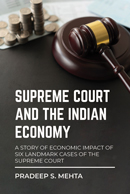



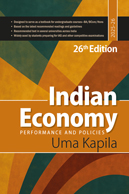
-web-194.jpg)
-front.jpg)
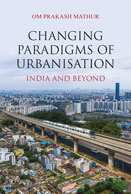





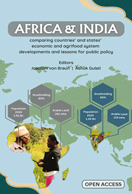
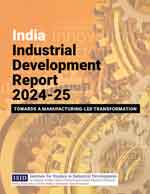
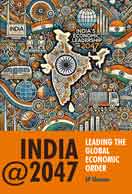
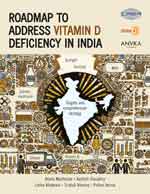
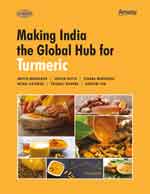
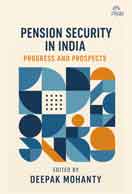
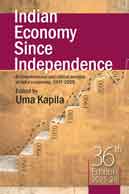

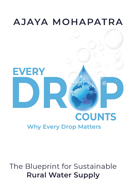




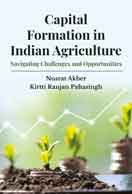











-COVER-web-194.jpg)





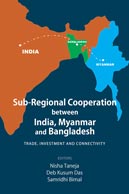























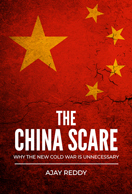
.jpg)






